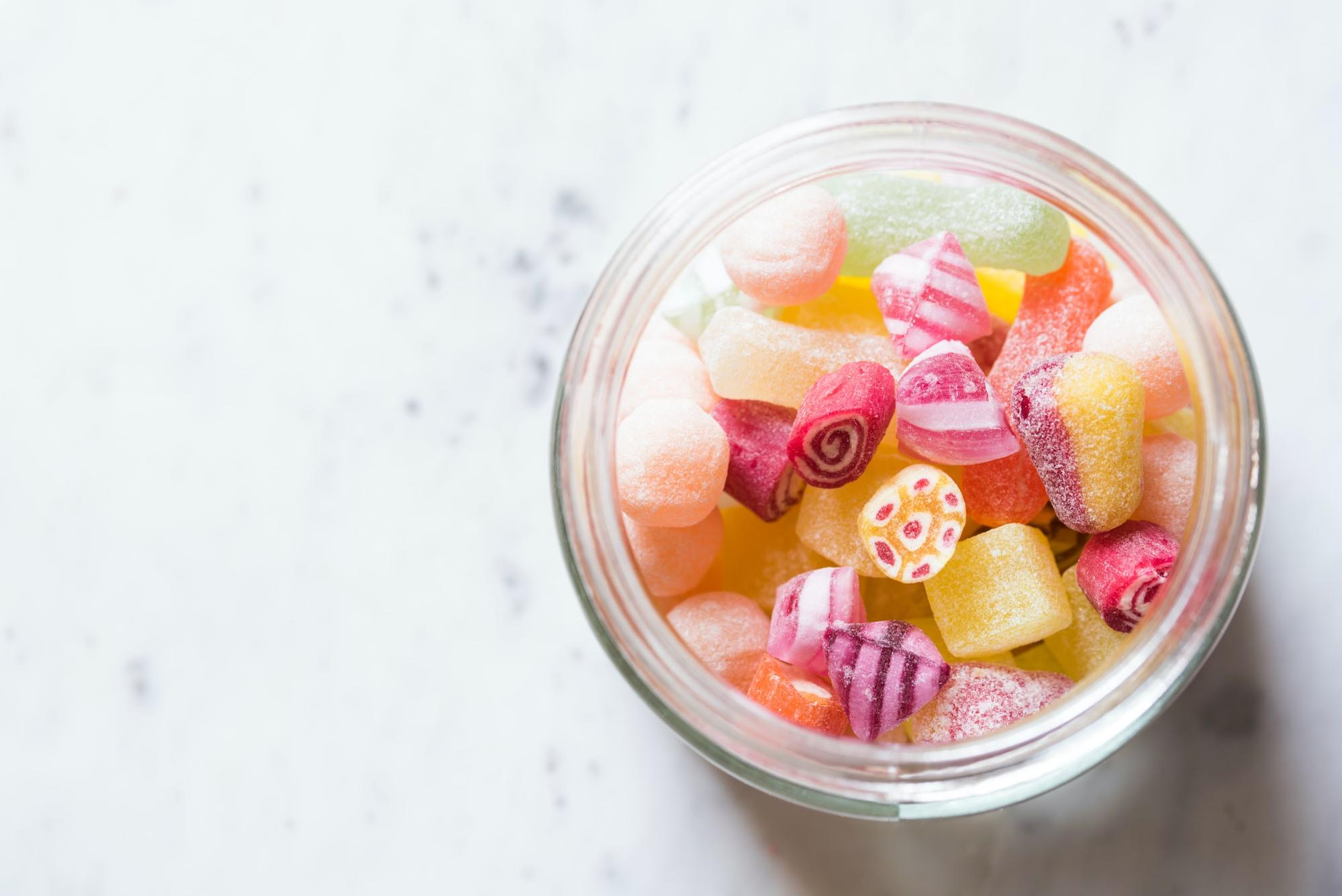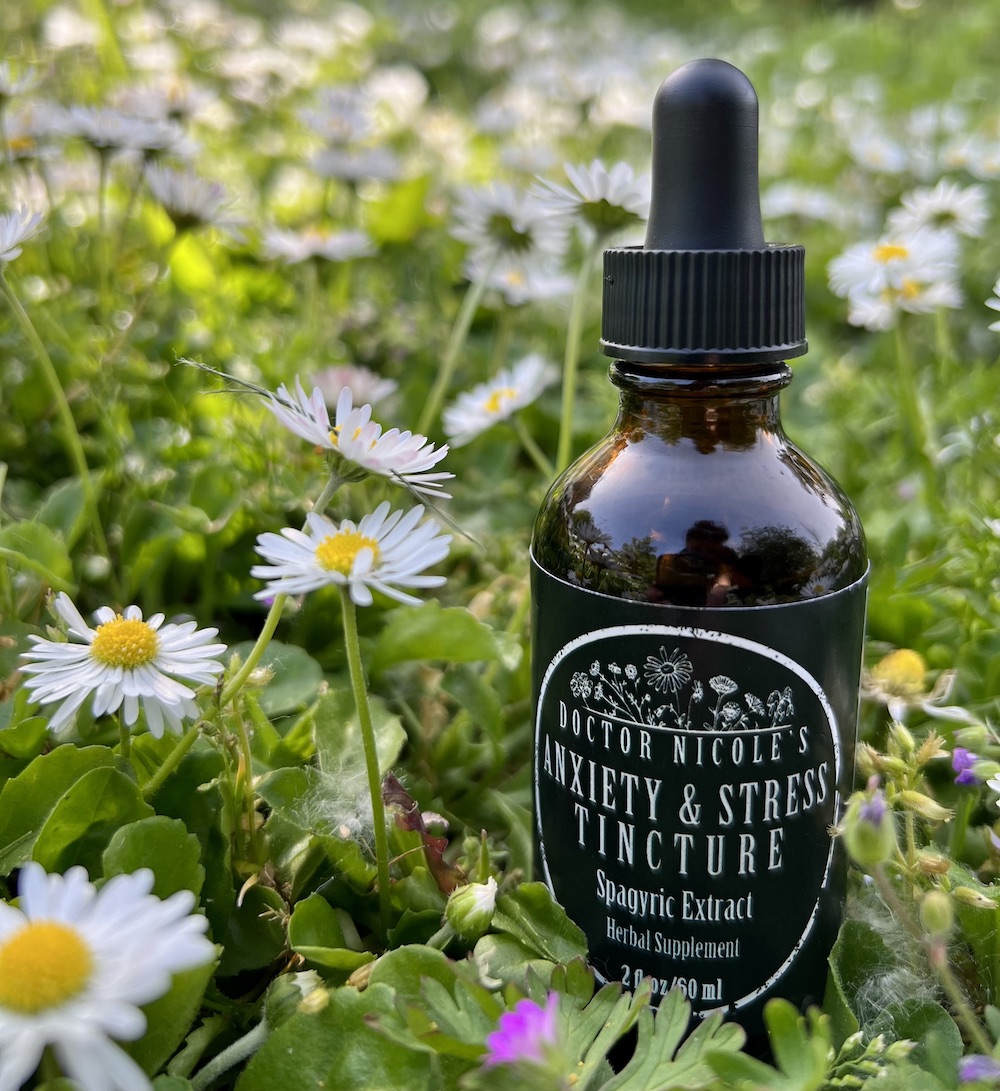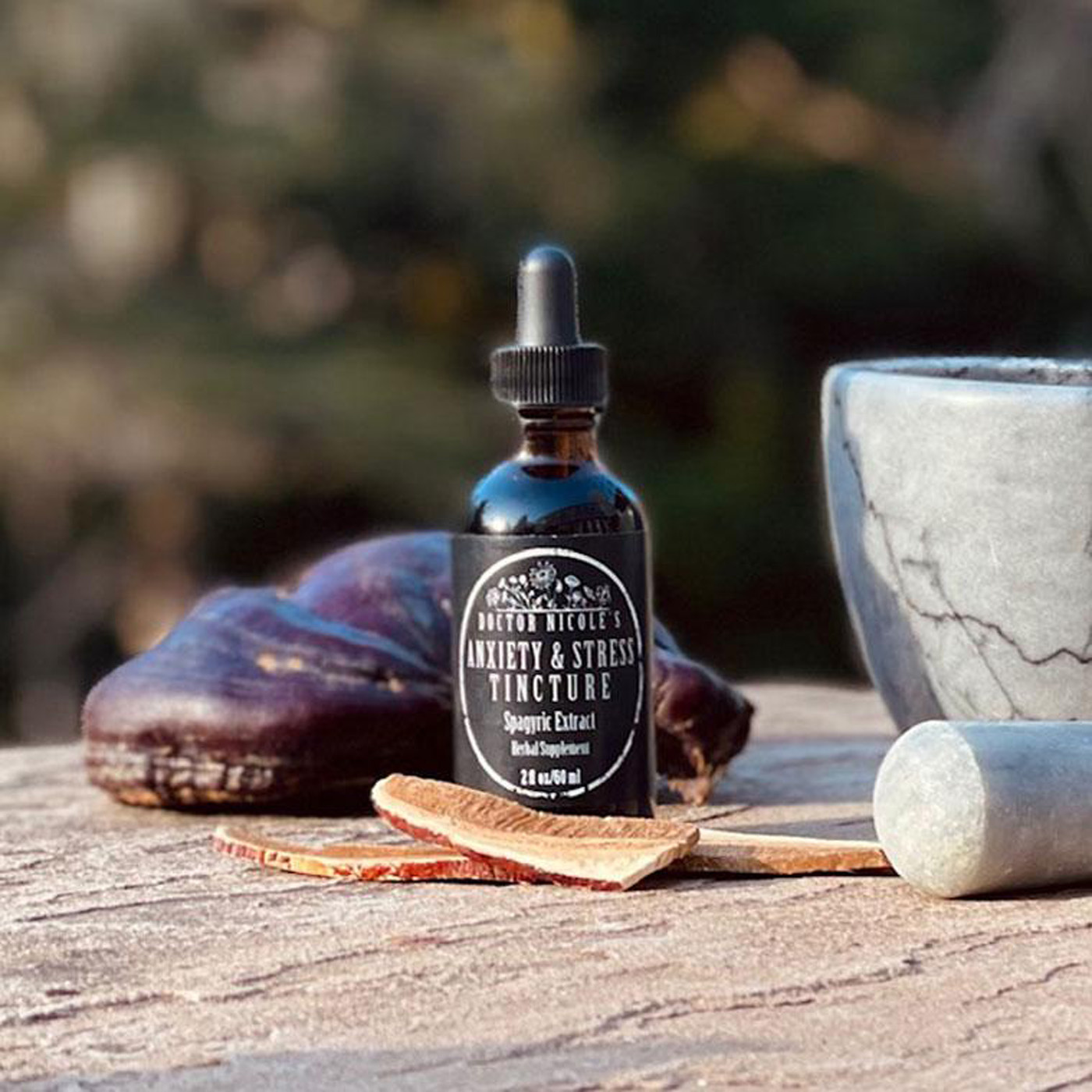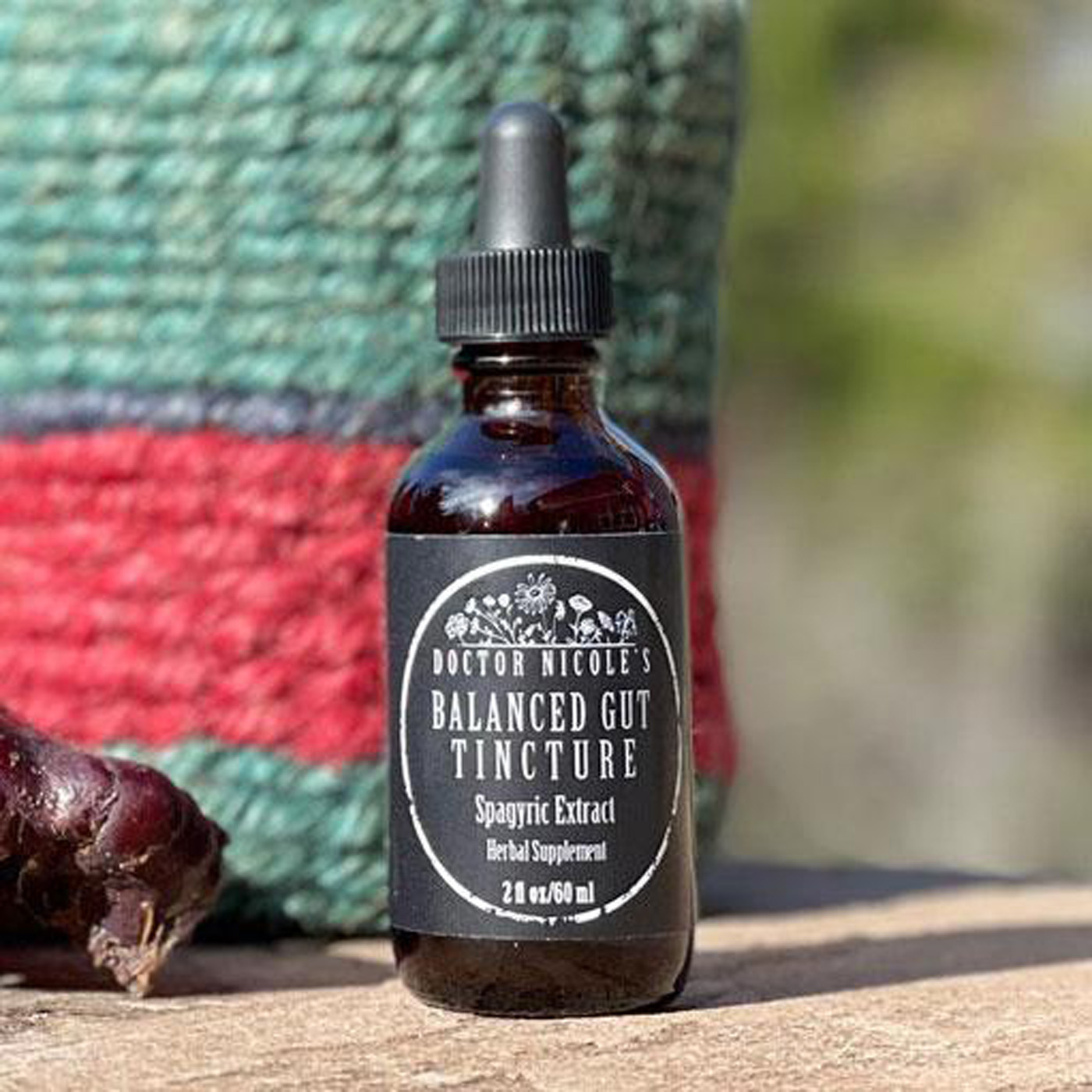The Relationship Between Stress & Cravings
If you have ever reached for a sugary treat while dealing with a particularly stressful life event, you are not alone. There is something about sweets that is soothing to the human spirit. But researchers have found this tactic may backfire, especially if you are prone to depression and/or anxiety. Consuming a high-sugar, high-carbohydrate diet has also been found to impair cognitive function. If you struggle with a sweet tooth and find that you are caught in a cycle of sugar cravings and crashes, help is on the way! Keep reading to learn more about what the science has to say concerning the impact of sugar on your brain and body, plus ways you can break the sugar habit once and for all.
The Bitter Truth About Sugar
It is important to point out that not all sugar is the same. For our purposes here, we are referring to refined sugar, not the form found in healthy sources — such as high-fiber fruit or complex carbohydrates. Consider how your body processes different types of foods — it isn’t just the sugary, fat-laden donut that’s a problem. Refined carbohydrates and processed foods can spike your blood sugar levels as well, which traps you in a loop of wanting to eat more sugar when you crash. Take pizza for example. Did you know this savory food is high in sugar? It’s true! Between the refined grains in the pizza crust and the sugar found in the sauce and processed meats, your body treats it the same as other high-sugar foods. Surprising culprits such as ketchup, granola, spaghetti sauce, canned soups, and most other processed foods tend to have high levels of hidden sugar as well.

A 2017 study published in the journal Scientific Reports established that the consumption of sweet food, beverages, and added sugars is linked with depressive symptoms.1 Examining the data from a 23,245 person Whitehall II study, cross-sectional analyses showed a direct correlation between high sugar intake and depression — even when other health, socio-demographic, adiposity, and additional disease factors were taken into account. The team notes:
“Our research confirms an adverse effect of sugar intake from sweet food/beverage on long-term psychological health and suggests that lower intake of sugar may be associated with better psychological health.”
Americans are famously known for their excessive sugar intake — about three times the recommended daily amount. This should give us pause for thought considering “major depression is predicted to become the leading cause of disability in high-income countries by 2030.”2
The team lists four reasons as to why sugar consumption influences depression and mood disorders. These include low levels of growth factor brain-derived neurotrophic factor (BDNF), which facilitates neurogenesis and hippocampal atrophy in depression; increased inflammatory markers that impact mood; heightened hypoglycemia that is triggered through an exaggerated insulin response that in turn influences hormonal balance and mood state; and lastly obesity because this condition is pro-inflammatory and obese individuals often experience psychosocial factors like weight discrimination.
Likewise, a 2021 study published in the journal Nutrients has also found that high-glycemic foods contribute to depression, anxiety, and low-grade inflammation.3 The researchers concluded that “this cross-sectional study revealed modest age-specific associations between anxiety status and sugar intake among adults.”
Another study published in the same journal discovered that regular consumption of added sugars and saturated fats by adults over the age of 60 resulted in higher feelings of anxiety.5
And finally, a full-text review of 1,541 articles notes there is a strong association between the consumption of “more fruits and vegetables, omega-3 fatty acids, “healthy” dietary patterns, caloric restriction, breakfast consumption, ketogenic diet, broad-spectrum micronutrient supplementation, zinc, magnesium and selenium, probiotics, and a range of phytochemicals” with lower rates of anxiety.4

Overcoming Sugar Addiction
With this in mind, you may be wondering about the best method for curbing your sugar habit to lower the risk of anxiety and depression, along with other health conditions. The key is to focus on a whole-food diet with plenty of fiber, complex carbohydrates, and lean protein. A green Mediterranean diet is an outstanding option. It will help to keep your blood sugar levels stable and reduce cravings. This diet also contains plenty of foods that are rich in magnesium and other nutrients, which help to calm the stress response that is often responsible for craving sugary foods and simple carbohydrates. What’s more, green Mediterranean is considered anti-inflammatory, thereby helping to lower cortisol levels. Many have found a ketogenic diet helps in this regard as well.
It is also important to support gut health and cultivate a robust microbiome teeming with beneficial bacteria as this will help to reduce candida populations, which helps to reduce sugar cravings. One of the best ways to do this is to consume probiotic-rich foods, such as unsweetened kefir, yogurt, and cottage cheese with active cultures; sauerkraut and kimchi; tempeh, natto, and miso; raw cheese; and unpasteurized apple cider vinegar. Our Balanced Gut Blend is also an outstanding option — more on this below.
Herbal Solutions
Several herbs are also helpful for overcoming sugar addiction and/or balancing blood sugar levels, such as:
- Gymnema sylvestre
- Licorice root (as a tea or supplement, not the candy)
- Panax ginseng
- Cinnamon
- Fenugreek
- Monk fruit, stevia, and xylitol from birch trees (all-natural sugar substitutes)
Lastly, don’t forget about herbs that promote gut health to help reduce sugar cravings. Here are my top herbal remedies for this purpose:
Reishi Mushroom
- Helps leaky gut through anti-inflammatory action
- High in beneficial beta glucans, glycoproteins, and triterpenes to support gut health
Turkey Tail Mushroom
- Calms inflammation
- Excellent source of prebiotics for encouraging a healthy microbiome by controlling the overgrowth of candida, while also feeding the “good” bacteria in the gut.
Plantain
- Anti-inflammatory
- Soothes mucous membranes
Slippery Elm and Marshmallow Root
- Forms a protective layer that helps the gut to regenerate
Lion’s Mane Mushroom
- High in antioxidants that cool the inflammatory response
You can find each of these exceptional botanicals in our Balanced Gut Blend.
Are you ready to overcome your sugar addiction once and for all? Visit the apothecary today and explore a range of herbal extracts that can help you achieve your health goals!
Nicole Apelian
Nicole’s Apothecary Products in this Post
References
- Knüppel, A., Shipley, M. J., Llewellyn, C. H., & Brunner, E. J. (2017). Sugar intake from sweet food and beverages, common mental disorder and depression: prospective findings from the Whitehall II study. Scientific reports, 7(1), 6287. https://doi.org/10.1038/s41598-017-05649-7
- Mathers CD, Loncar D. Projections of global mortality and burden of disease from 2002 to 2030. PLoS Med. 2006;3:e442. doi: 10.1371/journal.pmed.0030442.
- Kose, J., Cheung, A., Fezeu, L. K., Péneau, S., Debras, C., Touvier, M., Hercberg, S., Galan, P., & Andreeva, V. A. (2021). A Comparison of Sugar Intake between Individuals with High and Low Trait Anxiety: Results from the NutriNet-Santé Study. Nutrients, 13(5), 1526. https://doi.org/10.3390/nu13051526
- Aucoin, M., LaChance, L., Naidoo, U., Remy, D., Shekdar, T., Sayar, N., Cardozo, V., Rawana, T., Chan, I., & Cooley, K. (2021). Diet and Anxiety: A Scoping Review. Nutrients, 13(12), 4418. https://doi.org/10.3390/nu13124418







